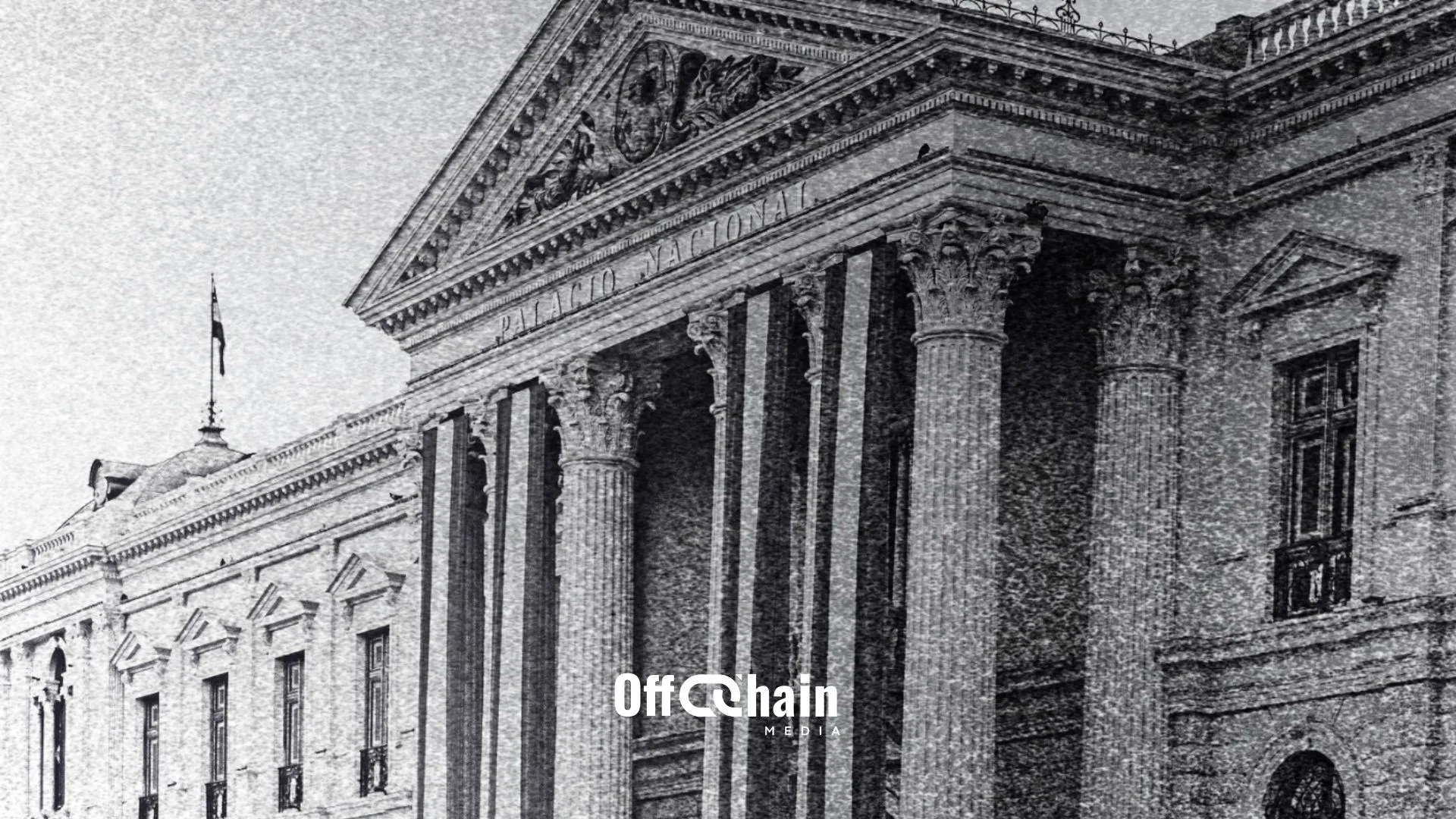Google Play Bans Crypto Wallets Before Reversing Course: Self-Custody Under Threat Once Again

Google bans non-custodial crypto wallets before reversing course
Yesterday, August 13, 2025, the Google Play Store announced a new policy requiring crypto wallet developers to obtain a regulatory license to publish their apps.
This change was set to affect 15 jurisdictions, including the United States and the European Union, with no distinction between custodial and non-custodial wallets.
What is the difference between a custodial and non-custodial wallet?
A non-custodial wallet gives the user full control over their private keys and therefore their funds. A custodial wallet, on the other hand, entrusts these keys to a third party that holds the assets. In the first case, you are your own bank. In the second, you depend on an intermediary.
In the United States, Google required registration with FinCEN as a Money Service Business or a banking license. These obligations involve strict anti-money laundering (AML), counter-terrorism financing (CTF), and identity verification (KYC) procedures, which typically do not apply to non-custodial wallets.
In the European Union, the policy required obtaining a MiCA license as a digital asset service provider. This status is reserved for entities that manage or hold assets for clients.
Strict enforcement of this rule could have prevented most of these wallets from being offered on the Play Store.
Also read: The Bitcoin Revolution in Iran
Bitcoin and cryptocurrencies survive this attack, for now
This update to Google Play’s requirements appeared to align with recommendations from the Financial Action Task Force (FATF), which seeks to extend rules to non-custodial applications whenever even partial control over funds or the user interface is identified.
Under pressure from critics, Google eventually reversed course and clarified that its policy did not apply to non-custodial wallets, ending the immediate fear of these solutions being excluded.
This development comes just one week after Roman Storm, developer of Tornado Cash, a mixer designed to provide cryptocurrency users with privacy, was found guilty of operating an unlicensed money transmission service, even though his application was a self-custodial service.
While several US states now recognize self-custody as a right, there is no guarantee that Europe and other countries will adopt the same stance. Unable to attack Bitcoin directly, its opponents could instead target applications and services that enable autonomous use, along with their developers.
This approach, easier for states to pursue from a legal standpoint, could become one of the main battlegrounds in Bitcoin’s regulatory fight in the coming years.
Source : FATF




